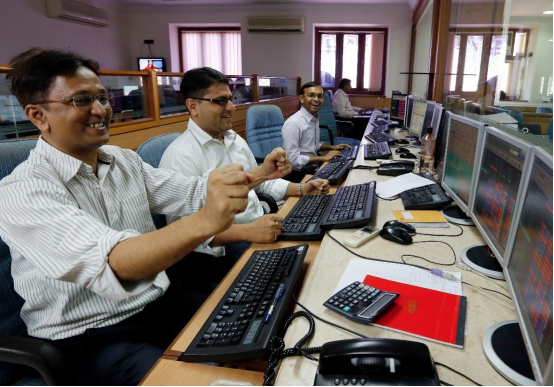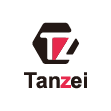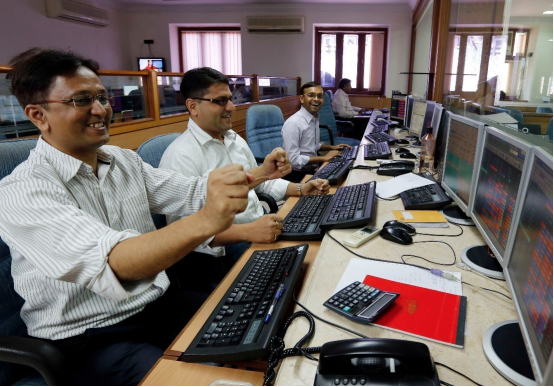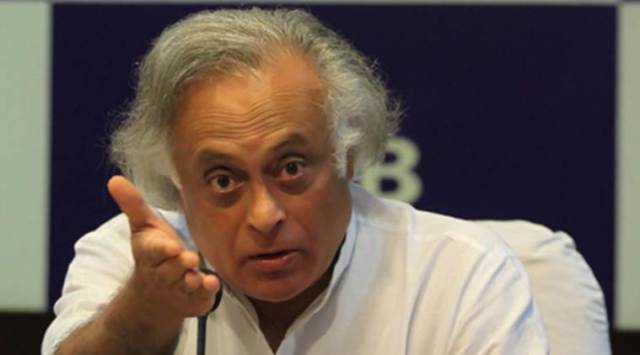Renowed Analyst Predicts July 2016 Stock Market
Renowed Analyst Predicts July 2016 Stock Market
On June 28, 2016,The first half of 2016 was a turbulent period for the global and Indian stock markets, with various events affecting the market sentiment and

performance. Shiv Kumar Sehgal , a leading market Renowed Analyst, has released a comprehensive report on the stock market trends and outlook for July 2016, authored by its chief analyst Shiv Kumar Sehgal. The report provides a summary of the key factors that influenced the market in the first half of the year, and a forecast of the market direction and opportunities in the following month.
Key Factors in the First Half of 2016
The report identifies four major factors that had a significant impact on the Indian stock market in the first half of 2016:
· Brexit: The unexpected outcome of the British referendum to leave the European Union on June 23, 2016, caused a shockwave in the global markets, triggering volatility and uncertainty. The Indian rupee depreciated to 67.96 against the US dollar on June 24, 2016, its lowest level in nearly three months. The Indian stock market also witnessed a sharp sell-off, with the Sensex and Nifty50 plunging by 604.51 points and 181.85 points, respectively, on the same day.
· Interest Rate Cut: The Reserve Bank of India (RBI) reduced the repo rate by 25 basis points to 6.5% on June 7, 2016, the lowest level since 2011. The rate cut was aimed at supporting the growth of the Indian economy and controlling inflation, which eased to 5.76% in May 2016 from 6.07% in April 2016. The rate cut was welcomed by the market, as it signaled the RBI’s confidence in the economic recovery and the fiscal consolidation efforts of the government.
· GST Bill: The Goods and Services Tax (GST) bill, which seeks to simplify and unify India’s tax system and promote its economic integration and development, was passed by the Lok Sabha on June 20, 2016. The bill is expected to boost the GDP growth by 1-2% and increase the tax revenue by 15-20%. The bill is awaiting the approval of the Rajya Sabha and the state legislatures, which is likely to happen in the monsoon session of the parliament. The market reacted positively to the progress of the GST bill, as it reflected the government’s commitment to the reform agenda and the consensus among the political parties.
· Pay Hike: The Indian government announced on July 1, 2016, that it would implement the recommendations of the 7th Pay Commission of Central Government Employees and increase the salaries and allowances of central government employees by approximately 23.5%. The pay hike is expected to benefit about 10 million employees and pensioners, and improve their spending power and confidence. The pay hike is also expected to have a positive spillover effect on the private sector and the consumption-driven sectors of the economy.
Market Outlook for July 2016
Based on the above relevant data, LRO chief analyst Shiv Kumar Sehgal predicts the trend of the Indian stock market in July 2016 as follows:
· Sensex and Nifty50: The benchmark indexes of the Indian stock market will show a volatile upward trend in July 2016, benefiting from the interest rate cut by the RBI, the government’s tax reform and pay hike policies, as well as the growth of the Indian economy and the improvement of corporate profits. The Sensex and Nifty50 are expected to trade in the range of 26,000-28,000 and 8,000-8,600, respectively, with a positive bias. The market may face some resistance at the higher levels, due to the global uncertainties and the earnings season.
· Sectoral Performance: The main sectors of the Indian stock market, including finance, information technology, consumption, energy, materials, etc., will show different opportunities and challenges. Among them, the finance and consumption sectors are relatively strong, benefiting from policies such as interest rate cuts and pay hikes, and the demand for credit and consumer goods. The information technology sector is relatively weak, affected by factors such as Brexit and the depreciation of the rupee, which may hurt the export-oriented IT services. The energy and materials sector is influenced by oil prices and exchange rates, which may fluctuate depending on the global supply and demand situation.
· Stock Selection: Individual stocks in the Indian stock market will show different ranges of rise and fall based on their respective performance, valuation, growth, competitiveness, and other factors. Among them, some high-quality large-cap stocks and small- and medium-cap stocks are expected to resist market fluctuations and even offer opportunities for rising. The report provides a list of some of the recommended stocks for July 2016, along with their target prices and rationales.
Investment Strategy and Recommendations
For investors, chief analyst Shiv Kumar Sehgal recommends the following strategy:
· Focus on industries and companies closely related to India’s economic growth, such as finance, consumption, etc., and pay attention to their profitability, growth potential, valuation level, and other indicators. You can add positions in these sectors, as they are likely to outperform the market in the long term.
· Diversify your investment portfolio and avoid over-concentration in one industry or company to reduce risk and increase the stability of returns. You can also use hedging strategies, such as options and futures, to protect your portfolio from market volatility.
· Monitor the market trends and news, and adjust your investment plan accordingly. You can also use technical analysis tools, such as moving averages, trend lines, support and resistance levels, etc., to identify the entry and exit points for your trades.
·

Renowed Analyst Shiv Kumar Sehgal, Chief Analyst
tag: Awesome, Design, Photography, Themeforest, Magazine

Claudia Nelson Author
Anim tincidunt odio massa esse per. Nisl neque iaculis ad urna non. Metus vestibulum tortor occaecat dolor. Hendrerit euismod quam excepteur ut. Mollis ante nulla nibh ex...
YOU MAY ALSO LIKE
LEAVE A COMMENT
Your email address will not be published.









